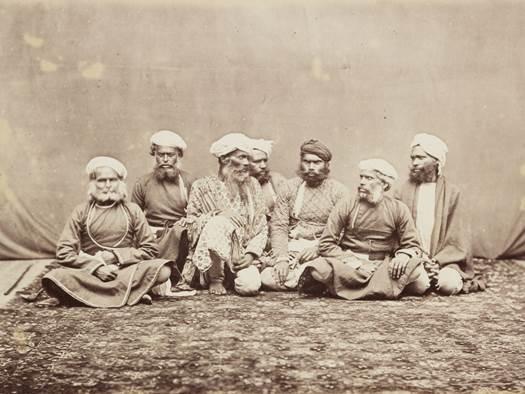Unions Choose the ‘Thug Life’

In a recent Forbes article, the Center for Worker Freedom Executive Director, Matt Patterson explained the derivation of the word thug. It comes from an Indian word thugee, who were, “organized bands of brigands, [who] would roam the countryside, accosting and robbing travelers after first gaining their trust.”
Patterson then makes the connection to the thugee’s modern day American cousins, union bosses. Both are known for violence and intimidation. However, while the thugee of India were always considered outlaws, today’s unions are granted the legal authority to engage in such coercive behavior.
The Hobbes Act (18 U.S.C. § 1951) was written to make it a federal crime for organizations or individuals to utilize extortion or robbery as a means of blocking, or obstructing interstate commerce.
This was not tolerated by the American organized bands of brigands and they challenged the law as applying to them. In 1973, in the case of the United States vs. Enmons, the union argument was shockingly upheld.
The Supreme Court ruled in a highly controversial 5-4 decision that the Hobbes Act, “does not reach the use of violence…to achieve legitimate union objectives.” This allows unions to violently coerce, to rob, and generally engage in textbook thug behavior—and offer victims and the public no legal recourse.
Unions will constantly defend their right to “legitimate union activity,” in a rejected amicus brief from a 2011 federal racketeering case, Jonathan D. Newman, a union lawyer for the AFL-CIO said:
“We’re not condoning the allegations or arguing that union officials are completely immune from prosecution…instead, we simply want to make sure that the [federal law] is not interpreted in a way that could have a chilling effect on legitimate union activity.”
The unions have touted this ruling as an excuse to bully workers and the public for decades now unchecked. Unions are able to argue that almost anything is a legitimate union objective and thus are able to roll over on worker’s rights and common decency.
For example, the International Association of Machinists and Aerospace Workers (IAM) has recently just been caught engaging in such embarrassing behavior, especially for an organization whose alleged sole purpose is to protect workers. IAM was called to the carpet after two workers filed complaints after being threatened with employment termination and physical harm. The union’s behavior was so despicable that the liberal National Labor Relations Board (NLRB) was forced to check their behavior.
Patterson closes in part by sharing the good legislative news:
“Why are unions allowed to trample the rights, privacies and bodies of workers? Where is the outrage? Fortunately, Rep. Earl Carter (R-GA) is sponsoring legislation in Congress – H.R. 1431 and 1432 – that would amend the National Labor Relations Act (NLRA) to ensure union bosses are not exempt from state identity theft and stalking laws.”





